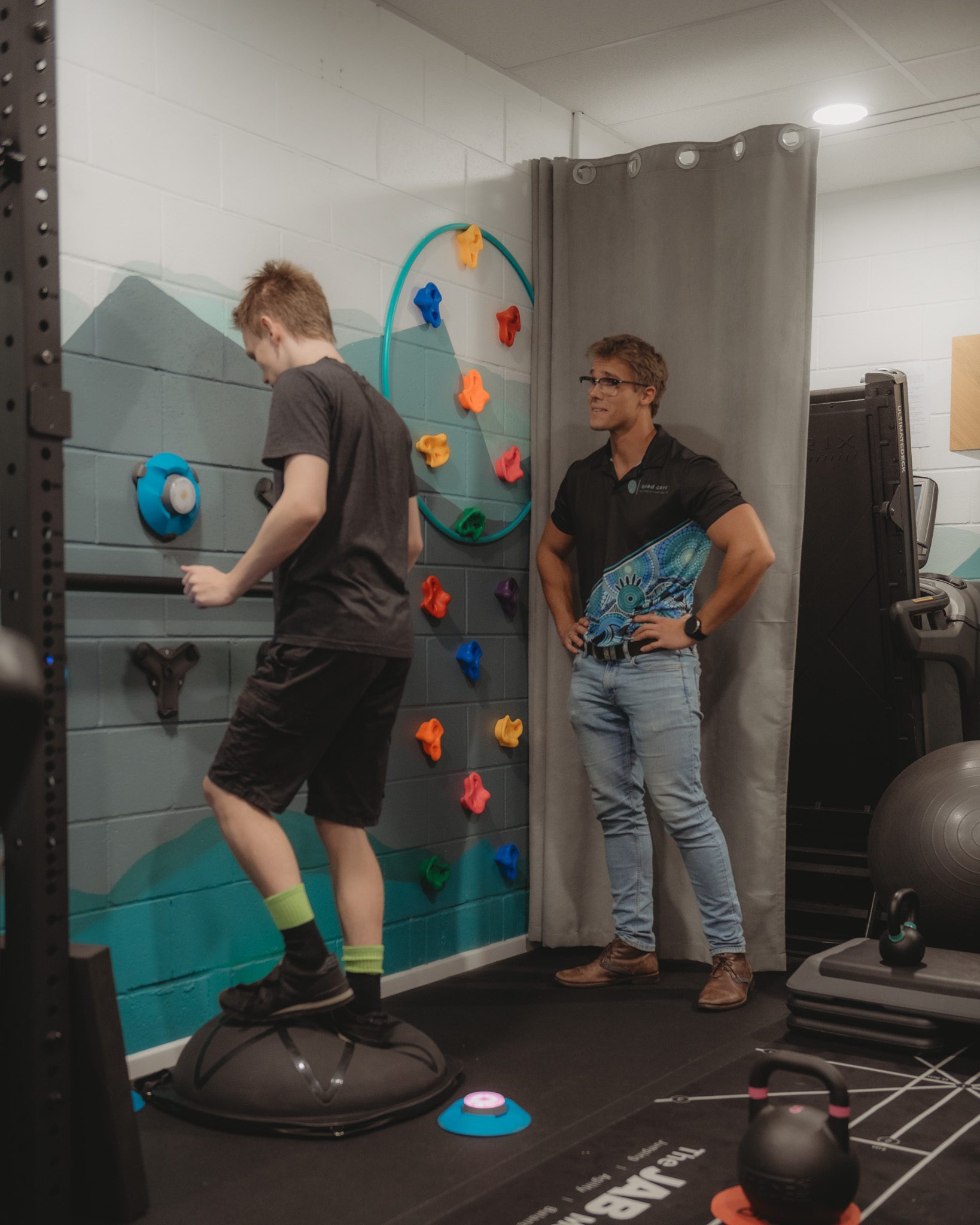How can Exercise Physiology Help with Multiple Sclerosis?
Multiple Sclerosis (MS) is a chronic condition that presents challenges such as fatigue, motor weakness, spasticity, poor balance, heat sensitivity, and mental depression. These symptoms can often lead to physical inactivity, making it difficult for individuals with MS to pursue an active lifestyle. However, research has shown that exercise physiology can play a critical role in managing MS symptoms and enhancing overall quality of life.
The Challenges of MS and the Importance of Exercise
MS can have an unpredictable course, with symptoms that fluctuate over time. These fluctuations can make it harder to engage in physical activity, which is crucial for maintaining strength and mobility. As MS progresses, symptoms like muscle weakness, balance issues, and fatigue can discourage individuals from staying active, further increasing the risk of physical decline and secondary conditions.
Despite these challenges, studies show that exercise programs designed to improve muscle strength, cardiorespiratory fitness, and mobility can provide significant benefits for people with MS. Research conducted by White & Dressendorfer (2004) indicates that exercise helps manage MS symptoms and enhances lifestyle activity, improving overall quality of life.
How Can Exercise Physiology Help?
Exercise Physiologists specialise in creating personalised exercise programs based on individual needs. For people with MS, these tailored programs aim to improve strength, balance, and stamina while considering the unpredictability of the condition.
- Muscle Strength: MS often causes muscle weakness and spasticity. Exercise physiologists design strength training programs that can reduce muscle stiffness, increase mobility, and improve functional independence.
- Balance and Coordination: Poor balance is common in MS, increasing the risk of falls. Exercise Physiologists use specific exercises to improve balance and coordination, helping individuals maintain independence and reduce the likelihood of falls.
- Cardiovascular Fitness: Fatigue is a significant symptom of MS. Cardiovascular exercises like walking, cycling, or hydrotherapy can improve endurance, reduce fatigue, and help manage energy levels, making it easier for individuals to engage in daily activities.
- Mental Health: MS can lead to mental health struggles, which can be alleviated through exercise. Physical activity stimulates endorphin production, improving mood and reducing symptoms of mental health challenges.
Long-Term Benefits of Exercise for MS
Exercise offers long-term benefits that can enhance overall well-being and reduce the risk of secondary disorders. According to research by White & Dressendorfer (2004), exercise interventions have
overwhelmingly positive outcomes, even for those with moderate or severe MS. Regular physical activity helps manage symptoms, boosts mobility, and prevents complications like osteoporosis and cardiovascular disease.
An Exercise Physiologist works with MS patients to design safe, effective exercise programs that adapt to the progression of the disease. The goal is to increase strength, improve mobility, and enhance overall quality of life, ensuring patients stay active and engaged in their daily lives.
Exercise Physiology offers a holistic, evidence-based approach to managing Multiple Sclerosis. By focusing on muscle strength, balance, cardiovascular fitness, and mental health, exercise physiologists help individuals with MS improve their physical function, reduce symptoms, and enjoy a higher quality of life. If you or someone you know is living with MS, Exercise Physiology could be the key to achieving long-term wellness.
At Quad Care, our accredited exercise physiologists are dedicated to enhancing the health and well-being of individuals across the Sunshine Coast, Somerset, and Moreton Bay regions. We specialise in creating personalised exercise programs that cater to a diverse range of needs, including disability support, chronic disease management, and rehabilitation.
Our allied health team, including exercise physiologists, speech pathologists, and occupational therapists, is committed to helping you achieve your goals, big and small
